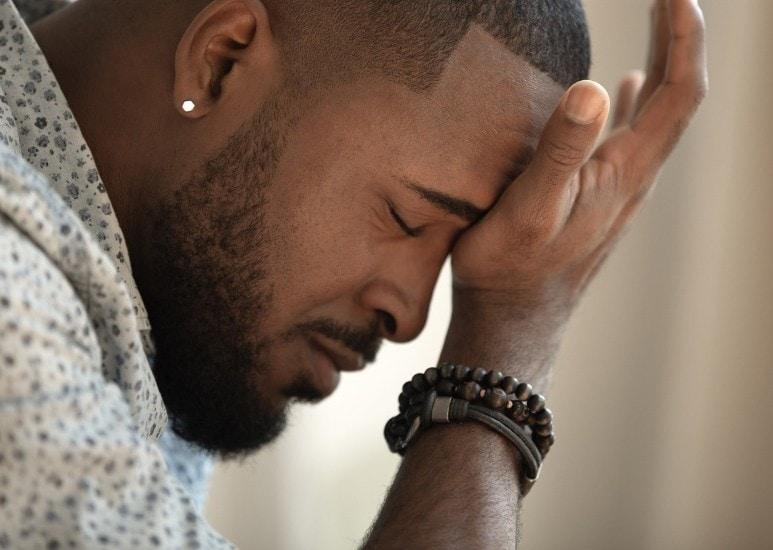Does Depression Affect Men Differently than Women?
This post was developed via a partnership with BetterHelp.

Depression is a common form of mental illness that affects millions of people all around the world. Unfortunately, there has long been a stigma against mental illness and getting help for it, particularly among men.
In our day and age, however, there are many external stressors—including technology—that may negatively impact our mental health. While more and more people should thus be seeking out therapy, many men may be in denial or simply refuse to get the help they know they need due to societal stigma.
So, this article will explore how men may experience depression differently than women due to both biological and sociological factors.
Depression in Men
Statistics often show that women experience depression more frequently than men. While this may be true, the numbers may also not tell the entire story. Why’s that?
Many men are still afraid of social stigma around mental health issues and believe in the stereotype that it is not “manly” to show vulnerability or weakness. So, it is very likely that men and women experience depression in roughly equal proportion, but men are less likely to get help for their depression.
Depression is one of the most common mental health issues in the world, but fortunately there’s helpful guidance available online nowadays, including the resources offered by BetterHelp: https://www.betterhelp.com/advice/depression/
Ways Depression Affects Men Differently than Women
Now, let’s look at ways that depression may affect men differently than women. While certain symptoms may be commonly shared across gender lines—including fatigue, insomnia, and feelings of sadness—many men report different symptoms than those experienced by depressed women.
Escapism
Men may be more likely to overindulge in escapism than women when they are depressed. What is escapism? Put simply, it’s engaging in any kind of activity that helps one escape from reality.
So, whether that’s obsessively following a sports team, video games, or binge-watching shows, men often engage in escapist tendencies rather than confronting their depression head on. This has to do with the fact that many men remain in denial about their depression.
Substance Use Disorder
Men are also more likely to engage in substance use disorder as a way to cope with their depression. It should go without saying, but this is an unhealthy coping mechanism and can potentially be life threatening.
As with other forms of escapism, the goal here is to dull the pain of depression and/or try to forget it entirely by consuming substances. The effects are always temporary, however, and they can lead to far worse consequences than the depression itself.
Anger
When it comes to facing depression, men are also more likely than women to do so with anger. This is a defense mechanism that may help provide some relief but can be dangerous for the man in question as well as those around him. It’s ultimately an unhealthy coping mechanism that can also lead to health issues such as increased risk of stroke or heart attack.
Risky Behaviors
Geerally speaking, men are more likely to engage in risky behaviors when depressed than women are. These may include unprotected sex, fighting, gambling, substance use, and more. It’s possible that these risky behaviors are a cry for help, or simply a desire to escape the depression for a moment.
As with substance use and other risky behaviors, however, this is an unhealthy way of coping that can lead to consequences far worse than the depression itself.
Conclusion
Ultimately, men tend to react to depression in different ways than women. Women may become more withdrawn and more emotional, while men may use anger, substances, and other risky behaviors as ways of coping.
Unfortunately, these are unhealthy ways of coping and can lead to damaging consequences. No matter one’s gender, the best way to face depression is by consulting a doctor or licensed therapist as a first step.
